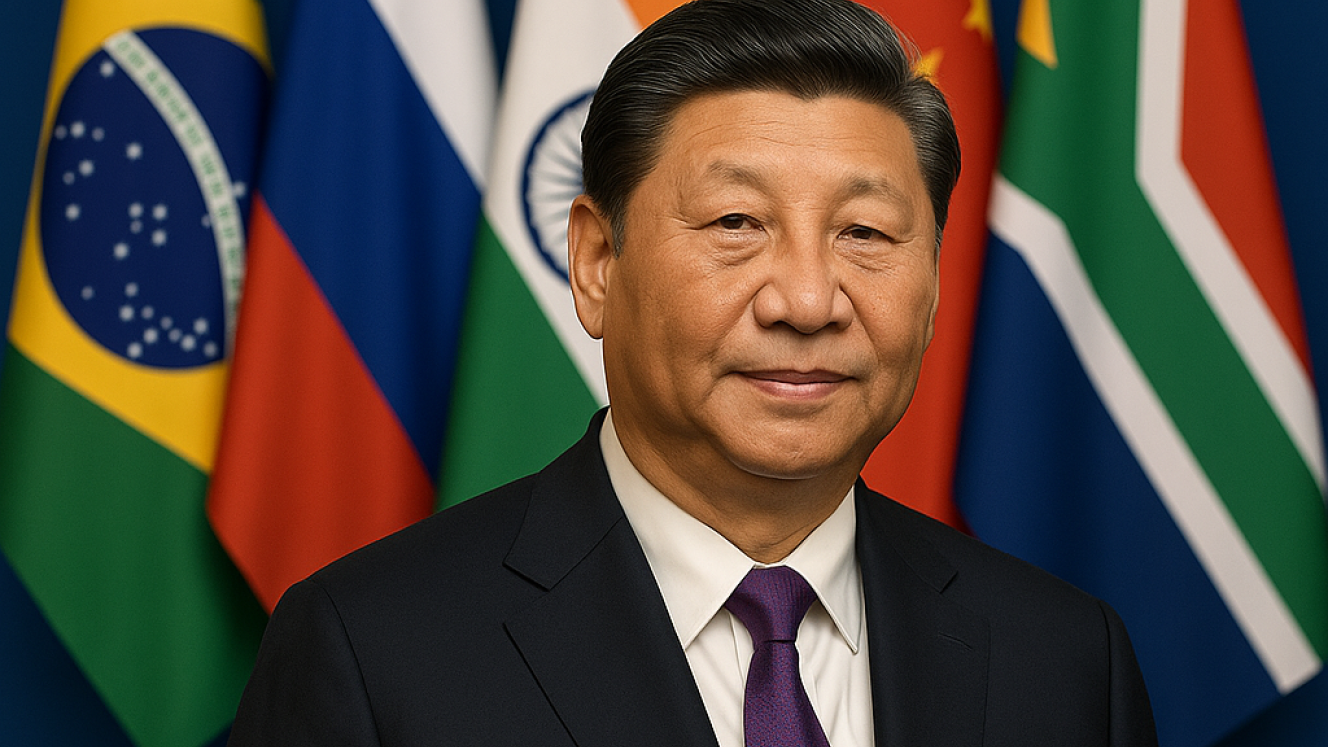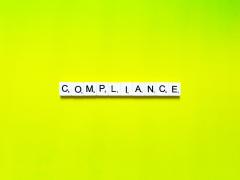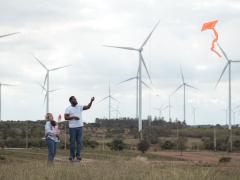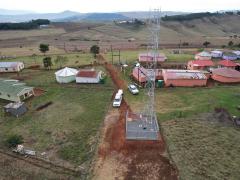At the Shanghai Cooperation Organisation Summit, China’s Xi Jinping called for a new global order — with Russia’s Putin and India’s Modi at his side. And for South Africa, the tectonic plates of geopolitics are shifting.
A seductive alternative?
Xi’s vision promises a financial and trade system free from Western dominance, giving the Global South more leverage. For countries weary of IMF austerity, tariff terror and dollar dependence, the offer is tempting.
The cost of drift
The flipside is that alliances demand discipline. Singapore’s remarkable transformation is celebrated not for ideology, but for delivery. This was a state that got things done — efficiently, consistently and with minimal tolerance for excuses.
South Africa, by contrast, has stumbled through policy contradictions and half-measures. Our public sector struggles with capacity, morale and corruption. Entering a new bloc without fixing our internal decay risks turning us into a passenger, not a driver, in this new order.
The crossroads
South Africa now straddles two worlds: Western markets remain critical to our exports, yet BRICS+ promises solidarity and alternative capital. The danger is that in trying to please both, we fail to commit to either — and sink into irrelevance.
The Singapore lesson
The real lesson from Singapore is not authoritarianism, but discipline with delivery. A professional civil service. Zero tolerance for corruption. Policy consistency. If South Africa can’t deliver these at home, no global alliance will save us.
So, what now?
South Africa does not need to choose East or West. It needs to choose discipline over drift. Without it, the “new global order” will pass us by, leaving us behind as others shape the rules.














